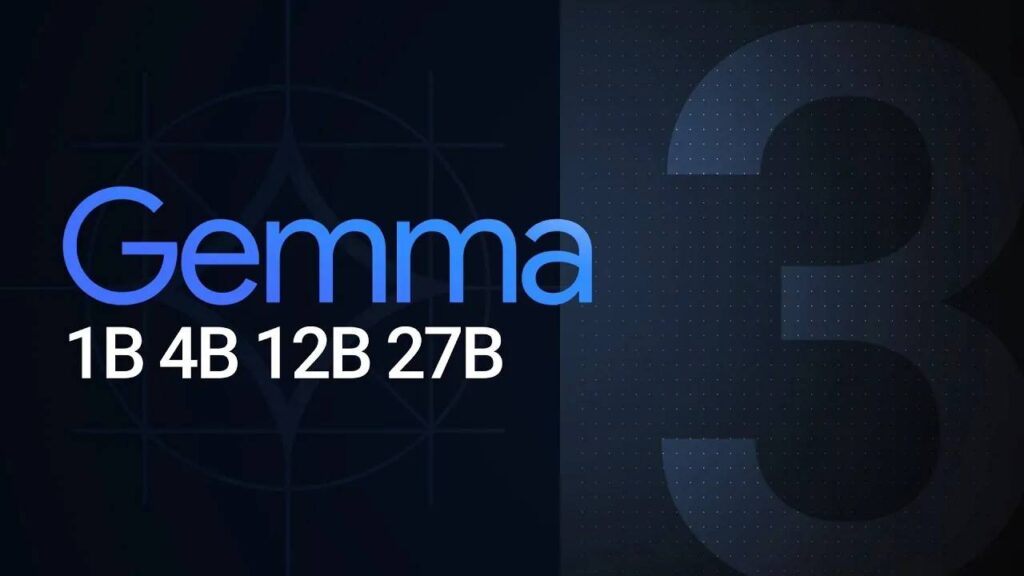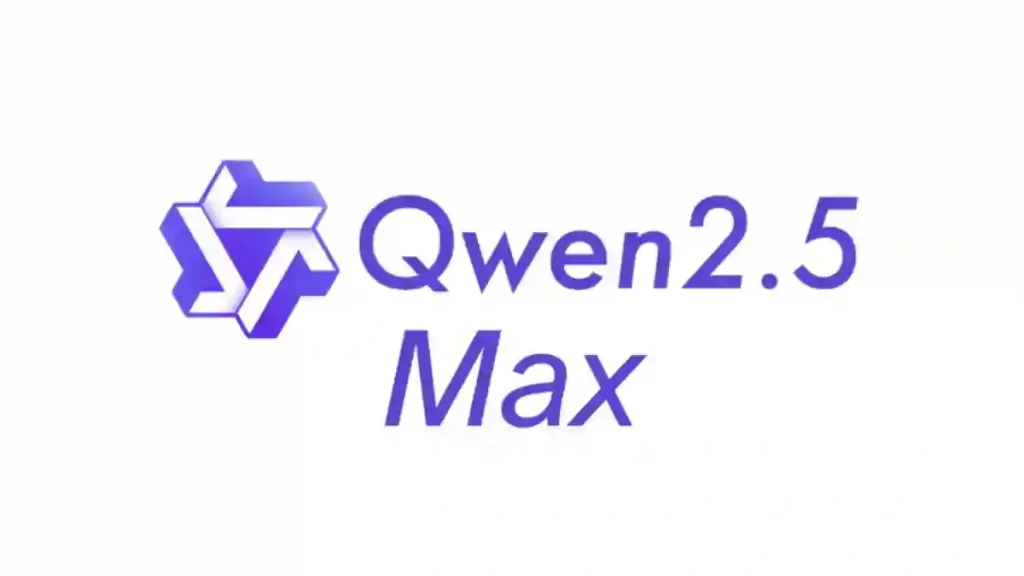Unmasking the Moral Credential Effect: A Closer Look at Subconscious Biases
The Moral Credential Effect emerges as a fascinating, yet paradoxical phenomenon where individuals justify their…
The Less-is-More Effect: Embracing Simplicity in Decision-Making
In an age of abundance, choosing the best option often seems like a sought-after skill….
Unveiling Desirability Bias: The Hidden Influence on Our Choices
Desirability bias, a pervasive force within social science research, skews the way individuals report behaviors,…
Understanding Group Attribution Error: A Look into Social Cognitive Biases
Group Attribution Error, a fascinating concept within social psychology, explores the cognitive bias where individuals…
Navigating the Labyrinth of Selective Perception
Selective perception is an intricate psychological phenomenon where individuals unconsciously filter and prioritize information that…
The Hidden Dangers of Inattentional Blindness
Inattentional Blindness, a fascinating psychological phenomenon, reveals our mind’s limitations in processing stimuli outside the…
The Dawn of Llama 4: Unpacking the Stunning Capabilities of Meta’s Latest LLMs
The wait is over, and Llama 4 has finally arrived, shattering expectations with its breathtaking…
Introducing Gemma 3: The Latest Generation of Open Models from Google
The world of artificial intelligence (AI) is rapidly evolving, and Google is at the forefront…
Revolutionizing AI: Unpacking the Power of Manus
The AI landscape is abuzz with the emergence of Manus, an autonomous agent that’s being…
PIN AI Revolutionizes Personalized AI with Privacy and Security
Imagine having a personalized AI assistant that knows you inside and out, without compromising your…
Qwen 2.5 Max: The Next Big Leap in AI Models
Artificial Intelligence (AI) models are evolving rapidly, and Qwen 2.5 Max has emerged as one…
Deep Seek Unveils Janus Pro 7B: A New Multimodal AI Model
Deep Seek has released its latest breakthrough, Janus Pro 7B, a multimodal AI model that…













